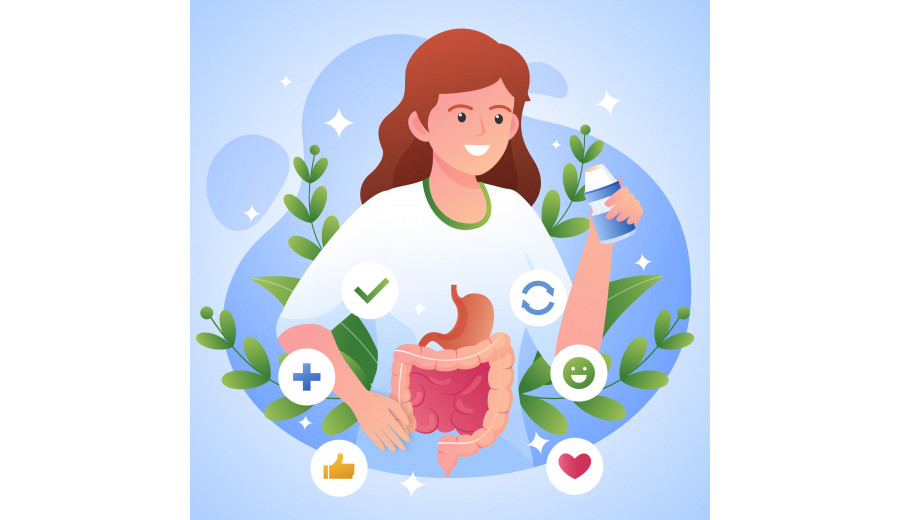Have
you ever wondered why you're feeling anxious, sluggish, or just not quite
yourself? Or why, no matter how hard you try, you can't shake off that weight
gain or low mood? The answer might be deeper than you think – literally. It
could be in your gut.
As a
functional medicine provider specializing in women's health and perimenopause,
I often see women struggling with symptoms that seem unrelated to digestion,
but are actually rooted in gut health. Issues like depression, anxiety, low
energy, frequent colds, hormone imbalances, and even stubborn weight gain often
trace back to one critical system: the gut microbiome.
What Is
the Microbiome?
Your
microbiome is the collection of bacteria, viruses, fungi, and other
microorganisms that live in your gut. While that might sound a little
unsettling, these tiny organisms are essential to your health. When in balance,
they help you digest food, absorb nutrients, fight off infections, and even
regulate your mood and hormones. Think of your microbiome as a bustling city:
when all the citizens are working together, the city thrives. But if things
fall out of balance, the whole system starts to break down.
The
Gut-Mind-Hormone Connection
Here's
where things get really interesting. The gut and brain are directly connected
through a communication network called the vagus nerve. This means your gut can
send signals to your brain – and vice versa. In fact, around 90% of serotonin
(your "feel good" chemical) is made in the gut! So if your gut is
inflamed or imbalanced, it can lead to mood disorders like anxiety and
depression.
Hormonal
health is also deeply tied to your gut. A disrupted microbiome can interfere
with how your body breaks down and eliminates excess hormones, which can make
perimenopausal symptoms worse. And when the gut isn’t functioning properly,
your immune system suffers too, since about 70% of it lives in the gut lining.
Testing
and Treating the Gut
Fortunately,
there are functional medicine tests that can give us a detailed look at your
gut microbiome. These tests can reveal which bacteria are thriving, which are
lacking, and whether there are any imbalances, infections, or signs of
inflammation. With that information, we can create a personalized plan to help
restore balance and get you feeling like yourself again.
Supporting
Gut Health Naturally
You
don’t always need extreme measures to heal your gut. Small, consistent steps
can make a big difference:
Eat a
diverse, whole-foods-based diet rich in fiber, fermented foods, and minimal
added sugar.
Manage
stress through mindfulness, journaling, or simply taking time to breathe.
Prioritize
sleep, as rest is when your body repairs itself.
Move
your body regularly – even light exercise helps the gut.
Consider
supplements, like probiotics or digestive enzymes, based on professional
guidance.
As
women, especially during the transition of perimenopause, our bodies are
changing – but we are not powerless. Healing starts in the gut, and when we
take care of this inner ecosystem, everything else starts to fall into place.
If
you're struggling with symptoms and suspect your gut might be part of the
problem, you're not alone. I'm here to help you uncover the root cause and
create a plan that supports your unique body and lifestyle.



















